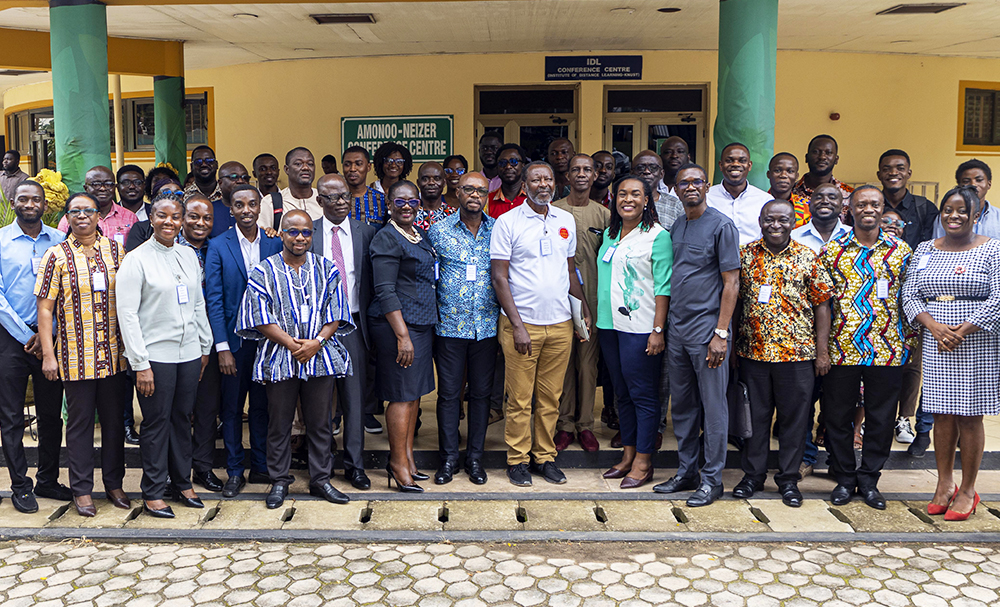The Department of Sociology and Social Work at the Kwame Nkrumah University of Science and Technology, (KNUST), has hosted the 8th Annual Conference of the Ghana Sociological and Anthropological Association (GSAA) from 18th to 20th September 2024 at the Amonoo-Neizer Conference Centre.
The conference held under the theme, "Sociological and Anthropological Discourse on Sustainable Development Goals" saw participants from sister Universities including the University of Ghana (UG), the University of Cape Coast (UCC), and the University of Development Studies (UDS), among others in attendance.
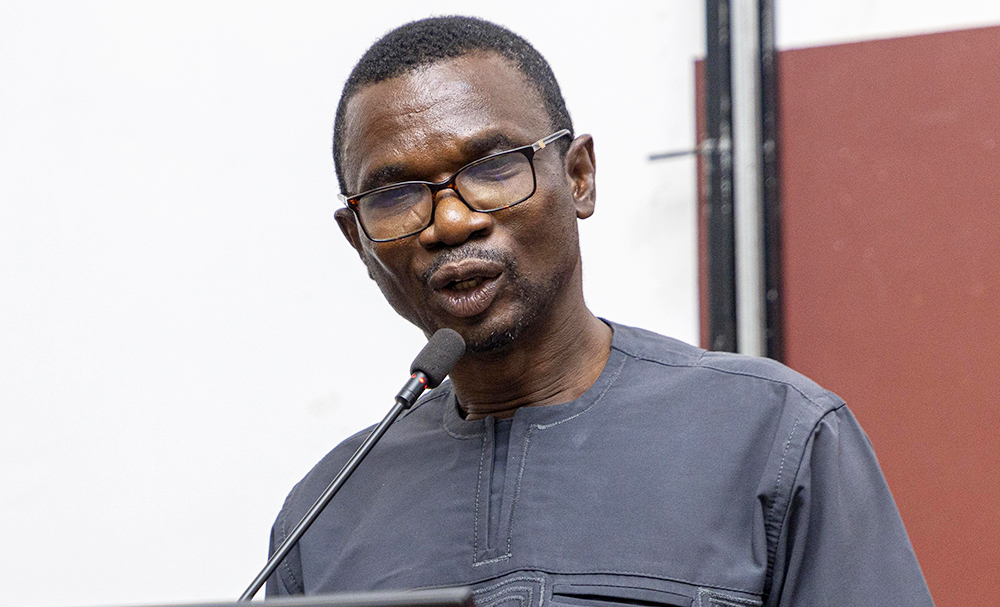
The Chairperson for the conference, Professor Kabila Abass, Dean of the Faculty of Social Sciences spoke on behalf of the Provost of the College of Humanities and Social Sciences, KNUST. He highlighted the unique position of sociology and anthropology in addressing global challenges, noting that sustainable development requires more than technological or economic growth rather it requires a deep understanding of social and cultural dynamics that influence human behaviour, decision-making and community resilience. He emphasised that these disciplines provide critical insights into human behaviour and social structures, advocating for culturally and socially just solutions.
Professor Abass underscored the importance of inclusivity and community resilience in forging pathways toward achieving Sustainable Development Goals. During the two-day conference, he urged all participants to collaborate and inspire new research and actionable insights.
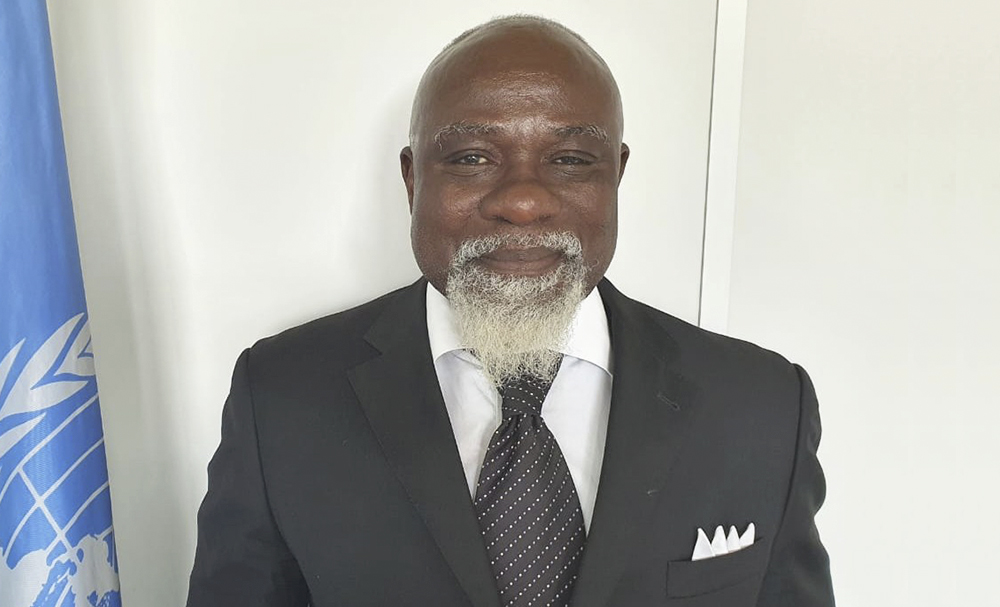
Speaking on the theme for the conference, Mr. Anthony Ohemeng-Boamah, the UNDP Country Representative to Liberia, described the SDGs as more than just targets or abstract concepts on paper. He emphasised that the SDGs represent decades of collective effort and serve as a roadmap to achieving goals that embody a promise to create a more just, equitable, and sustainable world, leaving no one behind. He pointed out that challenges such as climate change, poverty, and inequality are interconnected, and the SDGs are designed to address these issues holistically.
Mr. Ohemeng-Boamah also spoke of the SDGs’ focus on fairness and social justice, calling for equality between men and women, the rich and poor, and urban and rural communities. He stressed that the SDGs are not only about immediate improvements but also about planning for future generations.
Addressing doubts about achieving these ambitious goals, Mr. Ohemeng-Boamah noted that while challenges remain, current progress shows they are attainable. He highlighted global condemnation of gender discrimination and the growing support for girls' education as positive steps. Acknowledging the work ahead, he emphasised the real and significant momentum toward the SDGs: ‘‘Yes, we have a long way to go, yes, we are not moving as fast as we need to, but the important thing is, we are moving.’’
Mr. Ohemeng-Boamah drew inspiration from former Liberian President Ellen Johnson Sirleaf's quote: 'If your dreams do not scare you, they are not big enough,' emphasising that the ambitious SDGs are dreams worth pursuing, achievable through collective effort, commitment, and action.
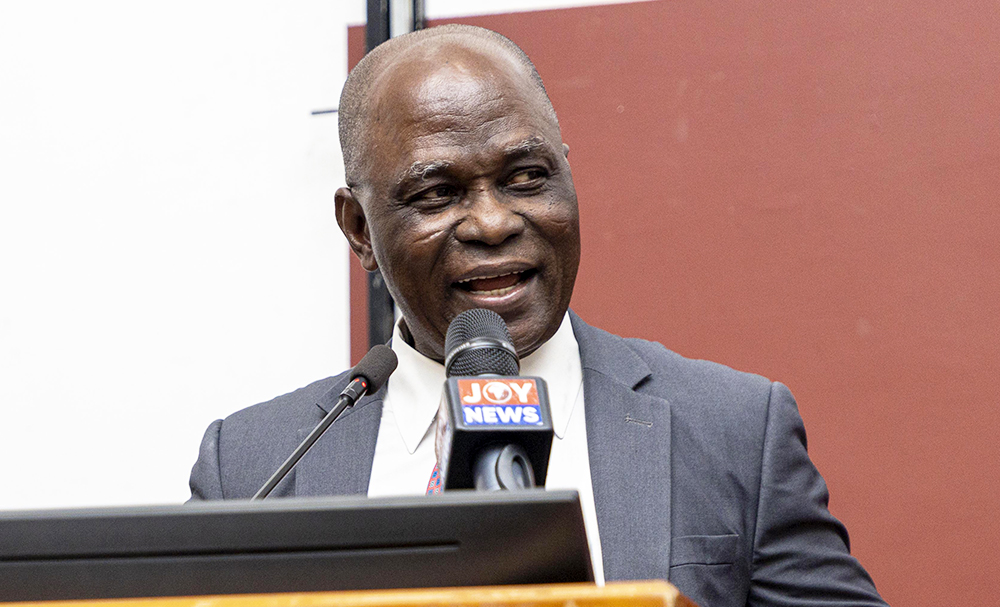
The guest speaker for the conference, Professor Kofi Osei Akuoko, Associate Professor of Sociology and Board member of BOST, mentioned how corruption across various institutions in Ghana hinders efforts to achieve the SDGs, specifically those addressing poverty, health, and education. He explained that corruption within government ministries, departments, and agencies has crippled their ability to implement crucial policies that target poverty, hunger, health and well-being, SDG 1, 2 and 3 respectively.
Professor Akuoko outlined some recommendations for combating corruption which include the need for greater transparency and accountability within government institutions, increased civic and public engagement, and the need to strengthen anti-corruption institutions such as the Commission on Human Rights and Administrative Justice (CHRAJ), among others. He reinforced that these recommendations are crucial for creating a more just society, urging citizens to remain active in the fight against corruption.
The guest speaker further advocated the need for stronger protections for the media through independent investigative journalism. He called for media organisations to be separated from external pressures, ensuring they operate freely and effectively. ‘‘Media houses must be shielded from political and financial pressures, and journalists must be supported to conduct thorough investigations into corruption,’’ he stated.
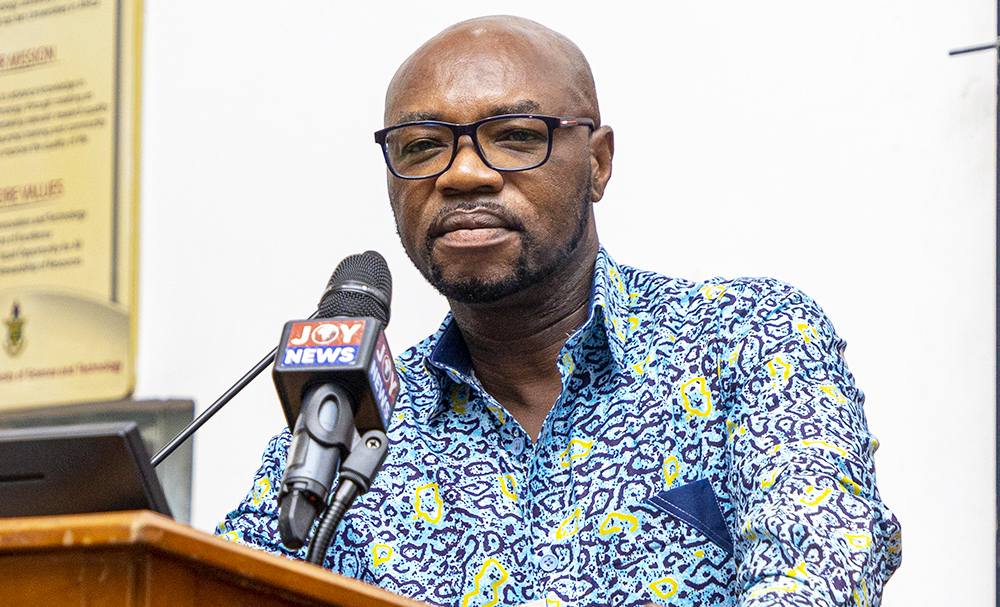
In an interview, Professor William Boateng, President of the Ghana Sociological and Anthropological Association, re-echoed the need for collaboration in addressing the challenges facing the country’s progress towards attaining the SDGs. “Corruption has become a major problem in our society, making it difficult for institutions to work productively to help attain the Sustainable Development Goals. However, we need to look at corruption holistically, we must come together and interrogate these issues and provide some feasible recommendations as to what we can do to improve the situation. This is to ensure that, as a country, we can make meaningful headway towards the attainment of the SDGs come 2030,” he asserted.
As part of the conference, solidarity messages were received from representatives of some institutions including, KNUST, UG, UCC, and UDS, among others.








